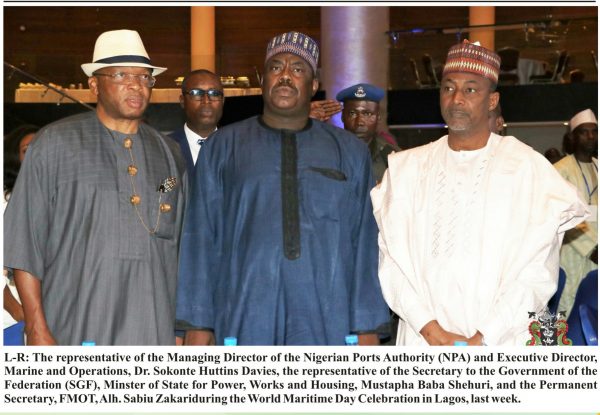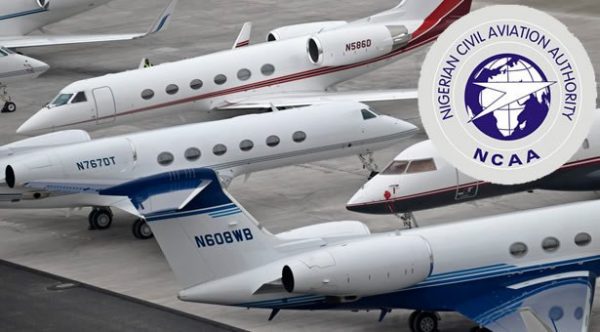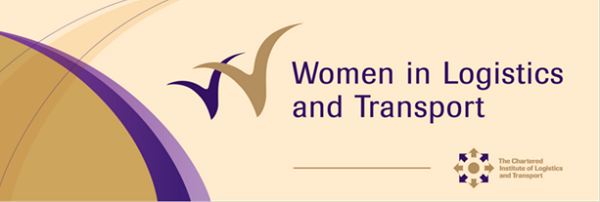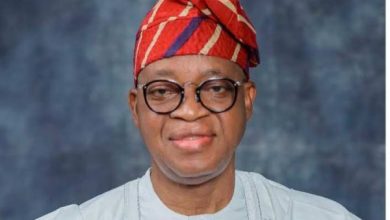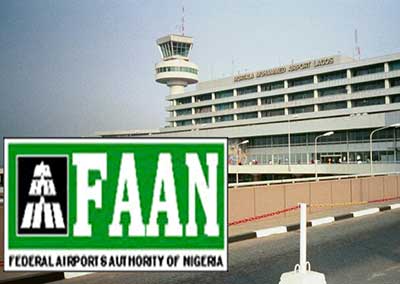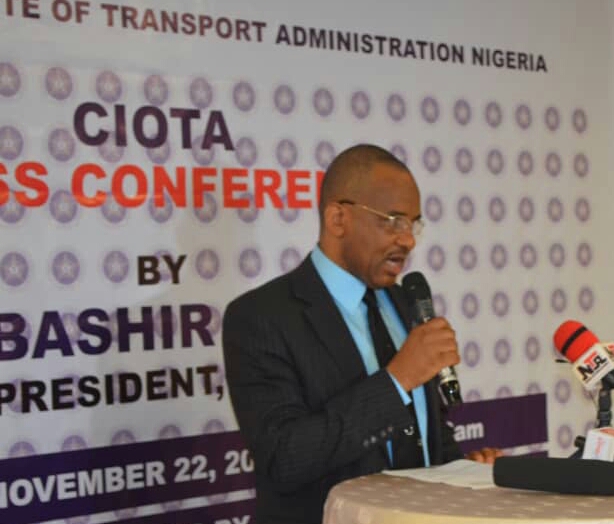Maritime Police Primes N75m Container Bribe, Calls VP’s Bluff
subsequent collection of N150,000 per TEU from shippers in the port.
This is coming as the leadership of a leading freight forwarding group has been alleged to be part of the syndicates that encourage the maritime police in the illegal operations with the aim of sharing the proceeds afterwards.
MMS Plus gathered that despite the deluge of petitions against the Police over the alleged extortion of importers, the Maritime Police still operate unchecked such that last week over 500 containers were said to have been ticked and primed for investigation for various alleged offences in different shipping companies.
This means that they were expected to rake in over N75million in the week’s operation but MMS Plus gathered that Maeskline and APM Terminals, last week, turned down their usual order of hand-picking some containers for investigation over spurious allegations.
What has given credence to the consent of the IGP to this was his disregard for the memo sent to him from the office of the Vice President seeking clarification on the alleged involvement of the Maritime Police in perpetuating corruption at the port and undermining the Presidential Executive Order on Ease of Doing Business. The letter was consequent upon the petition written to the Presidential Enabling Business Environment (PEBEC) by the Association of Nigerian Licenced Customs Agents (ANLCA).
This act of intercepting containers by the police after release by the Nigeria Customs Service (NCS) officials has attracted condemnation from different port stakeholders including truckers’ unions, MAN and government agencies.
Surprisingly, the Public Relations Officer of Maritime Police, Assistant Superintendent of Police (ASP), Olatunde Sadik in a press statement had said the Force has no immune territory and since containers do not enjoy diplomatic immunity, all complaints and reports will be investigated on their merit and culprits brought to book in pursuant to police power of arrest as enshrined in the constitution.
However, MMS Plus gathered that the Nigerian Shippers’ Council (NSC) has promised to intervene to “stem this tide of impunity before it degenerates into mega crisis”, our source stated.
Independent findings by MMS Plus show that the police is mainly spurred on by a syndicate in one of the freight forwarding groups.
Corroborating this, the immediate past National President of ANLCA, Prince Olayiwola Shittu said,” What you are seeing with the police is being encouraged by the operators themselves. I will not mention names, but when we left office, some people went to the police to encourage them to continue what they were doing. So they have official and unofficial targets as well as self and collective benefits.
“It is not the job of the police to delve into Customs clearance. We had sought audience with the CG of Customs on why the police should be embarrassing the Customs by intercepting cargo released by customs. If the cargo does not meet the compliance requirement or conditions for release like SONCAP or NAFDAC conditions, it should not have been released in the first place. But where there is collusion let the shipper bear the consequences.
“In my estimation, the CG committed a faux Pas when he said,’ Those who are caught by the police should sort themselves out as nobody asked them to go and do business at the port.’ That to me means he is happy or indifferent about the development. So, all that we will continue to do is expose the ills. The system is so fraudulent that the police have access to the ship manifest , which I as the president of a group did not have.
So they work with information. All they do is get the manifest and write the shipping companies not to release some containers because they are being investigated. But how many containers investigated ended up being prosecuted? Shittu asked.
In another development, a new tariff operating regime has been set for truck operators and owners in the country by the Nigerian Shippers’ Council.
The new tariff was unveiled at the meeting last week in Lagos with different trucking associations in the Council’s continued efforts to regulate the port industry and the tariff structure.
In attendance were, Manufacturers Association of Nigeria (MAN), National Association of Road Transport Owner(NARTO), National Union of Road Transport Workers (NURTW), Association of Maritime Truck Owners(AMATO), Road Transport Employers Association of Nigeria (RTEAN), among others.
According to the Executive Secretary of NSC, Barr. Hassan Bello, who received some executive members of the League of Maritime Editors on courtesy visit led by their President, Mr. Kingsley Anaroke, “we have presented to them what we have done and they have taken it and we hope to have the final consultations soon.
According to him, “an hour ago we had a meeting with truckers where we unveiled the tariffs for them. We have been working with them for a very long time. And now we are about to negotiate with them and we understand the situation because we know there are things like multiple taxes, local council levies, Area boys extortion, the congestion at the port and many other issues.
However, “ the move has received wide acceptance but there are still areas to be discussed and agreed on. The essence is to have a rate for reference. If you have to transport a 20 feet container from Lagos to Akure or Mbaise, you know that there is a rate for that. It is going to be signed by all and we are going to publish it. We need orderliness from them as much as they need the government to provide the enabling environment for them. The roads are being rehabilitated by the government. We have Jebba –Ilorin road, for example. Lagos-Ibadan road is also being rehabilitated, Kano-Kaduna road, Port Harcourt–Enugu roads, also being worked on.
“The government is embarking on massive road reconstruction. We wanted to commercially regulate the truckers by telling them not to use rickety trucks. We had reached an advanced stage by introducing a scheme of re-fleeting their vehicles with the banks. But they asked, where are the roads? They said if they get loans to acquire trucks, the roads will damage the vehicles and that made sense to us. It increased my love for consultations because sometimes we on the government side ride on high horses, believing that we know it all. It is people who are concerned in the business that you have to rely on, Hassan added.

